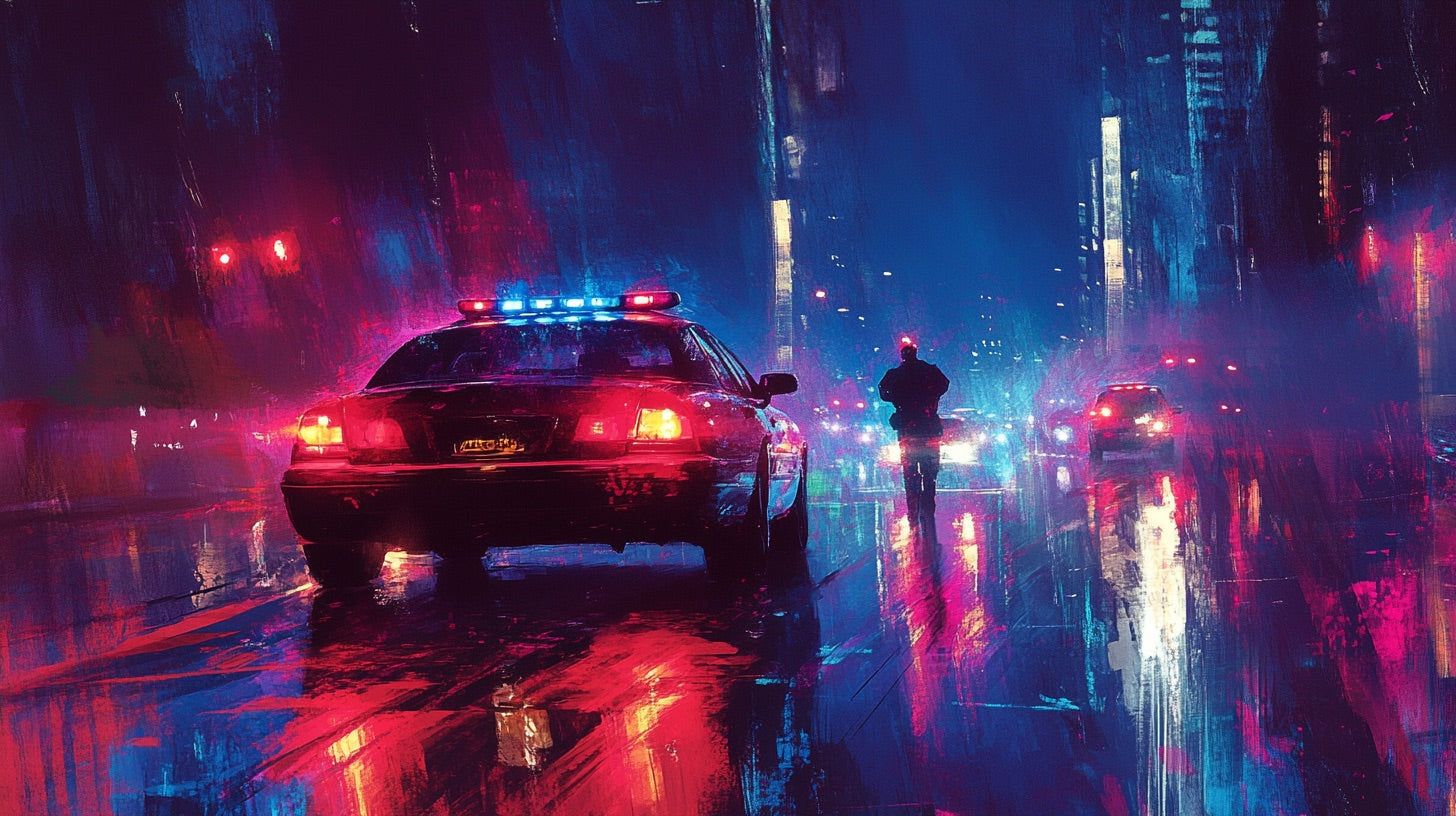Being pulled over by the police can be a nerve-wracking experience, especially if you’re driving home from a party. Maybe you’ve had a few drinks or attended a late-night event; regardless, it’s important to know your rights and responsibilities in the event of a traffic stop in Michigan. Whether you’ve had a sip of alcohol or not, knowing the law and staying calm can make a big difference in the outcome.
Your Rights During a Traffic Stop
First and foremost, it’s important to understand your rights. Under Michigan law, every driver has certain protections when pulled over by the police. However, there are also specific requirements you must follow. Here’s a breakdown of what you should keep in mind:
- Remain Calm and Courteous: Always be respectful and polite. Basic cooperation, such as providing your driver’s license, car registration, and proof of insurance, is required.
- Stay in Your Vehicle: Unless the officer orders you to, it’s typically best to remain seated with both hands visible on the steering wheel. This simple gesture shows that you’re cooperative and focused on safety.
- The Right to Remain Silent: While you should provide your identification and vehicle documents, you are not required to answer questions about where you’ve been or if you’ve had any alcohol earlier in the evening. Politely exercise your right to remain silent if needed.
What If the Police Suspect You’ve Been Drinking?
Many people fear traffic stops after social events because of the possibility of a DUI charge. In Michigan, the legal blood alcohol limit is 0.08%. If the officer pulls you over and suspects you’ve been drinking, they may ask you to take a Preliminary Breath Test (PBT) or do field sobriety tests.
Preliminary Breath Test (PBT): Refuse or Comply?
In Michigan, refusing to take a Preliminary Breath Test (PBT) at the roadside can result in a civil infraction, such as a fine. However, refusing a PBT is not a criminal offense. The PBT is different from the breath test conducted after an arrest, which carries more serious consequences.
On the other hand, if you refuse the post-arrest breath test (the more formal one at the police station), it can result in a license suspension under Michigan’s Implied Consent Law. Under this law, if you refuse the test, your driver’s license can be suspended for a year. However, this doesn’t mean all is lost. You can challenge this suspension within 14 days from the incident.
What Should You Do if Pulled Over After a Party?
Here are some basic tips if you're stopped by the police, especially if concerned about drinking and driving accusations:
- Do Not Admit to Drinking: If asked whether you’ve been drinking, you’re not required to answer. Keep your responses polite but avoid making statements that could work against you.
- Field Sobriety Tests Are Voluntary: If you’re asked to perform physical actions like walking in a straight line or standing on one leg, you have the right to decline. These tests are subjective, and performance can be affected by factors like nervousness, balance issues, or even footwear.
- Know the Consequences of Refusing a Breath Test: While you can refuse the PBT with only a minor civil penalty (a fine), refusal of the formal post-arrest test can lead to more serious penalties, including a suspended license.
DUI Checkpoints in Michigan
It’s important to note that unlike some states, Michigan does not currently allow DUI checkpoints. Therefore, any stop regarding suspicion of intoxication must be based on probable cause, such as observed driving behaviors, a traffic violation, or unsafe vehicle conditions.
That said, Michigan authorities are always vigilant, especially in areas known for frequent social gatherings. Even without DUI checkpoints, police officers throughout the state will preempt drunk driving incidents, especially on weekends and holidays.
What To Do If You’re Arrested for a DUI
If you’ve been arrested for a DUI after being pulled over, it’s essential to contact an experienced criminal defense attorney as soon as possible. There are many ways a lawyer can challenge a DUI case, from contesting the validity of the traffic stop to disputing the breath test results.
A good DUI defense lawyer can examine whether the police had a valid reason for stopping you, whether the breathalyzer or blood test was properly administered, and even look into whether your rights were violated during the arrest process. In some cases, DUI charges can be reduced, or even dismissed altogether.
Final Thoughts
Getting pulled over after a party doesn’t have to be a disaster. Knowing how to handle a traffic stop and understanding Michigan’s laws can help protect your rights and avoid unnecessary trouble. If you’re ever in doubt, it’s always in your best interest to remain calm, exercise your right to remain silent, and contact a qualified attorney to help safeguard your future.
If you or someone you know is facing DUI charges or needs legal advice about what to do after being pulled over in Michigan, contact our office. Our experienced legal team is here to help guide you through the process and fight for the best result in your case.


Share:
What to Expect If You're Arrested for Public Intoxication at a Concert: Legal Consequences and Tips
Defending a Friend in a Fight: Understanding the Legal Risks of 'Helping Out'